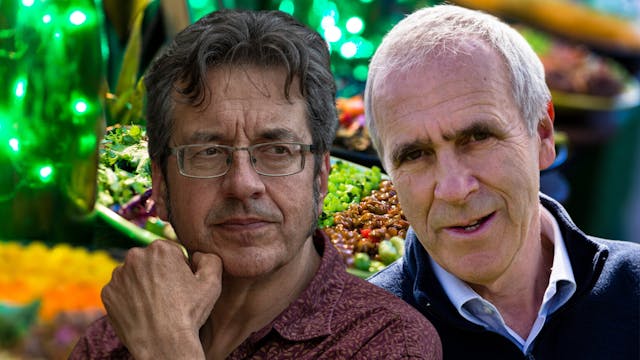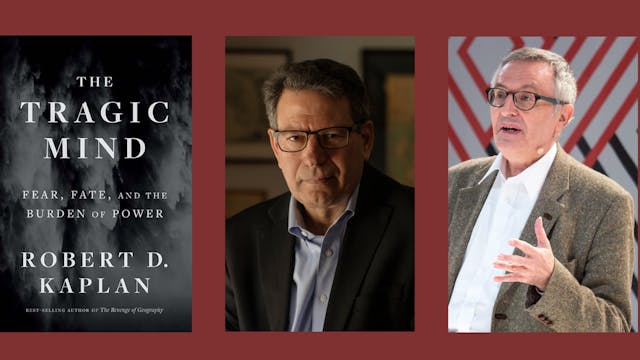Who owns culture? A new world history, with Martin Puchner
History & Social Policy
•
59m
In an age where the line between cultural appreciation and cultural appropriation seems ever more blurred, can anyone actually own a culture? On April 24, acclaimed author and public intellectual Martin Puchner comes to Intelligence Squared to talk about the themes of his new book Culture: A New World History, where he shows us that the history of mankind has always been a story of borrowing from one another and that this is something to be celebrated, not lamented. It was, after all, Persian polymath Ibn Sina who translated and preserved the Greek philosophy that was later rediscovered in the European Renaissance. The idea of ownership implicit in debates about cultural appropriation, he argues, presents an insular tale about how culture evolves — flattening out the complicated textures of human history and, in the end, what truly makes us us.
Join us as Puchner shows us the surprising threads of cultural transmission that have been woven to create the civilisations we both esteem and condemn today.
Up Next in History & Social Policy
-
Race, Reproduction and the Dangers of...
The eugenics movement emerged in the late 19th century, promoting the theory that the human race could be improved by the selection of desirable heritable characteristics. The term was coined by Francis Galton in 1883 and the idea was initially embraced in Britain and the United States by philoso...
-
Debate: We Should All Go Vegan
From the McDonald’s McPlant made with a Beyond Meat® patty to Sheese Dairy-Free Cheddar Style, there is a plant-based alternative for almost every food you can think of, making it easier than ever before to go vegan. No wonder the number of people in the UK following a plant-based diet has risen ...
-
The Inherent Tragedy Of Geopolitics W...
The great dilemmas of geopolitics are not battles of good against evil, where the choices are clear. They are contests of good against good, where the choices are often painful, incompatible and fraught with consequence. That’s the argument that political scientist Robert Kaplan will be making wh...



